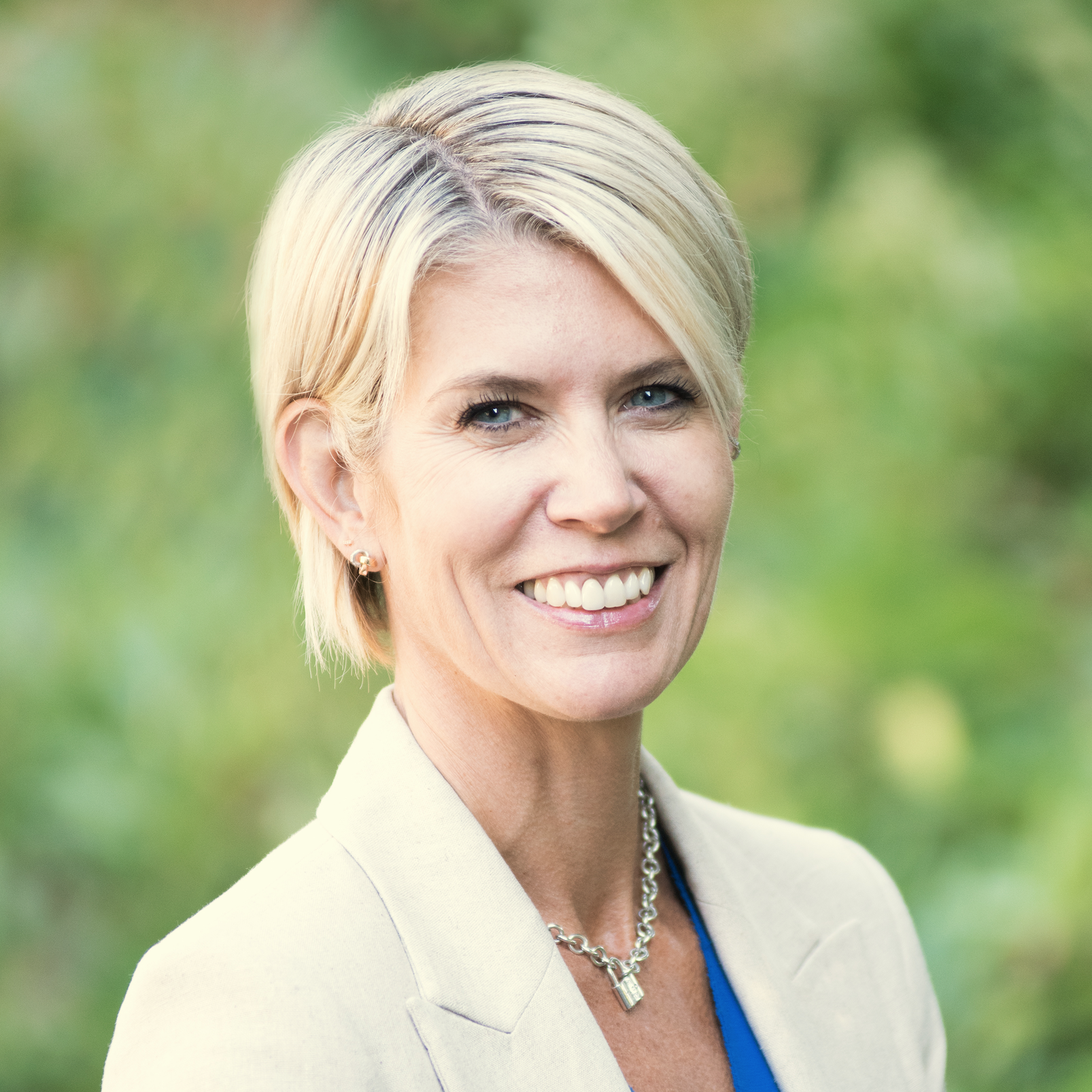This week’s post comes at a tricky time for me. I am literally just surfacing after spending four full days in a conference room with over 200 Behaviour Analysts in Toronto. It was totally a classic “one of these things don’t belong” scenario, but it was perhaps one of the most powerful professional learning experiences I have recently had. I do not have a background in behaviour analysis, all I have is raw intuition and a hunger to learn more. My BCBA colleagues encouraged me to join them and despite my initial uncertainty, I am so glad that I did.
Sitting in the airport tonight reading Alice Munro’s Child Play (2007), I found myself reacting emotionally to Marlene and Charlene. I also know that my filter system is somewhat compromised after the past few days as I emerge from an intense professional learning experience.

Analyzing and responding to complex behaviour is fascinating, exciting and exhausting. It was super cool to sit in a space where everyone was jazzed about the complexity of human behaviour. I also know that I am thinking of many children like Verna and the vernacular that I have repeatedly heard, through the years as others attempt to describe the complexity or simplicity of the perceived behaviours that these individuals demonstrate. Phrases like “they aren’t ready”, “they don’t belong here”, “there are too many” swirl around my memory bank.
Behavioural complexity seems to be increasing beyond the scope of practice in many classroom contexts surpassing the pedagogical skill set of most generalist classroom teachers. While I recognize that the above ‘belonging’ statements are couched in politically correct phraseology, no one wants to be known as an exclusionist in a public school system, I am learning that the root of these comments lie in tangeled in the emotions of frustration and fear. Just like our students with classic avoidance and escape behaviour functions, we, too, can easily lean into the ease of “not us, not now, not here” in an attempt to avoid or even escape the complexity of our classroom contexts. Self protections and preservation are survival instincts that we humans lean into when we feel the slipping of control and safety in our environments. As I learned this past week, finding new ways to respond to behavioural complexity is key, "not us, not now, not here" is not good enough. Expansive thinking is critical to establishing compassionate, caring, consistent and inclusive responses to human behaviour in our classrooms.
Not us, Not now, Not here... Not good enough.
As humans we develop rules for how we will behave ethically and morally. Ideally these rules reside in the guiding principles that create our proverbial ‘north star’, pushing us towards actualizing our values. The landscape of inclusive education is about struggle alongside of self-awareness, how we respond and what we choice to model as educational leaders is crucial. The six principles outlined in The Evolving Nature of Special Education (2018) are worthy of critical reflection and further debate in our current Canadian context:
- zero reject,
- non-discriminatory evaluation,
- individualized and appropriate education,
- least restrictive environment,
- procedural due process,
- parent participation.
Supporting students with vulnerabilities is about social reform, it requires technical understanding and courageous leadership. Policies, procedures and processes can help create systemic pressure points but without deeper understanding of the complexity and immense diversity of the inclusive education landscape we run the danger of quicksand and escapism. Words can easily become letters on a page without actions plans and expertise. Expanding the educational field with the expertise of BCBAs is one critical turn key to opening the door to understanding in today's classrooms.



